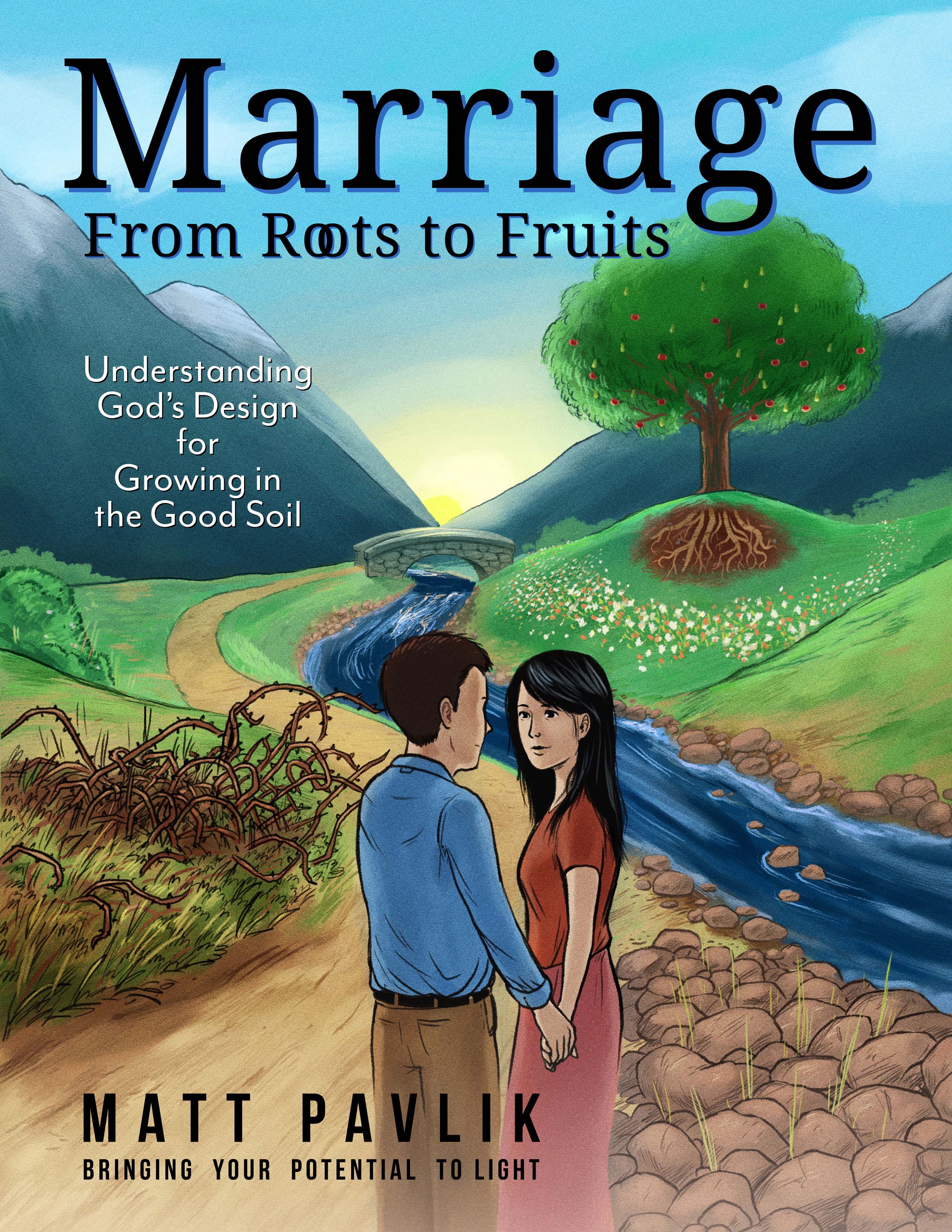Intimacy can be quite an enigma. People want, need, and even crave it. But genuine, complete intimacy can trigger feelings of fear and shame. One minute a person can be desperate for it. The next minute a person can be desperate to escape from it. Frequently both happen at the same time.
Every relationship can tolerate a particular level of intimacy, depending upon the emotional and spiritual health of the two individuals. An excellent goal for marriage is to find that optimal balancing point and seek to grow it over time. The optimal point balances the individual and the relationship needs.
Marriage can become a disappointment when people expect too much or expect too little from it. How can you tell if your expectations are harming your relationship?
People Who Under-Pursue Intimacy Expect Too Little
They have many of the following characteristics:
- Move away from their partner
- Avoid healthy conflict, lack sufficient interest in their partner, and pursue alternative interests
- Do not try hard enough to make the relationship work, at least less hard than their partner
- Use a passive approach by cultivating indifference
- Value their partner less than self or others
- Focus on or expecting too much from self and too little from partner or God
- Are comfortable with distance: prefer to live like a roommate
- Stay in the relationship because of feeling bound by duty and obligation
- Have given up or are about to give up
- Have betrayed their partner or are about to
They need to find a way to expect more from their partner.
People Who Over-Pursue Intimacy Expect Too Much
They have many of the following characteristics:
- Move toward their partner
- Pursue conflict even when unhealthy, lack enough personal interests, and avoid healthy separation
- Try too hard to make the relationship work, at least harder than their partner
- Use an aggressive approach by cultivating entitlement and demanding needs be met
- Value their partner more than self or others
- Focus on or expect too much from partner and too little from self or God
- Are uncomfortable with distance: prefer to spend a lot of time together, at least more than partner
- Stay in the relationship because of the expectation of receiving a payback
- Feel jealous or insecure
They need to find a way to expect less from their partner.
Can a Person Under-Pursue and Over-Pursue Intimacy?
Yes. In fact, this could be a sign of a healthier relationship. As you learn how to find an optimal balance, you might shift from one side to the other. The goal is to find the optimal amount of pursuing. But the ideal level of intimacy can be a moving target. Many factors make for an ever-changing environment in relationships: aging, life experience, spiritual growth, awareness of needs. That is why it is necessary to evaluate your progress every so often. I recommend at least once a year.
In an unbalanced marriage, husband and wife can both under-pursue, both over-pursue, or they can pursue opposite strategies at the same time. If you can become more aware of your pattern of how you pursue intimacy, you can be intentional about improving it.
I designed a set of 52 questions to help couples work on finding their balancing point. I’m making the questions available as a deck of cards. The deck is currently going through testing. I’m looking for 3 couples who can try the questions and provide feedback. Even if you are single or with someone who won’t answer the questions with you, you can still participate in the test. Contact me if you are interested.
Read more about finding balance.
Image by JUAN FERNANDO YECKLE from Pixabay
Matt Pavlik is a professional counselor, author, and devoted follower of Christ. With decades of experience in Christian counseling, he writes with theological depth and everyday clarity. His resources—centered on salvation, identity, marriage, and emotional healing—are anchored in Scripture and guide believers to discover the freedom of their identity in Christ and the security of their salvation in Him. He and his wife Georgette, married since 1999, live in Centerville, Ohio, and have four adult children.




Leave a Reply